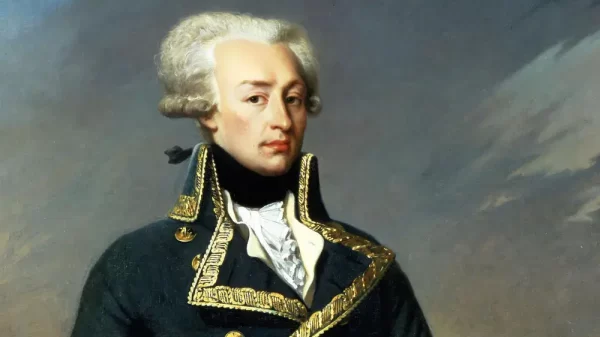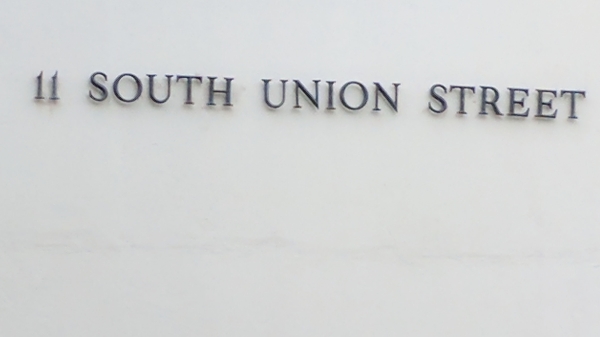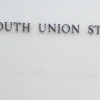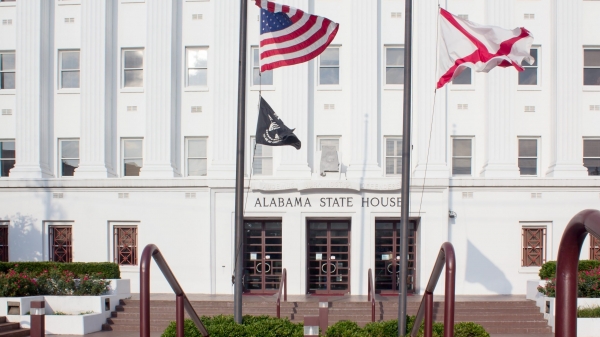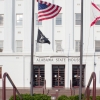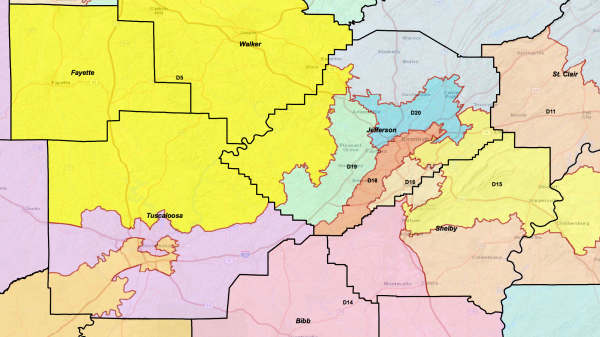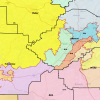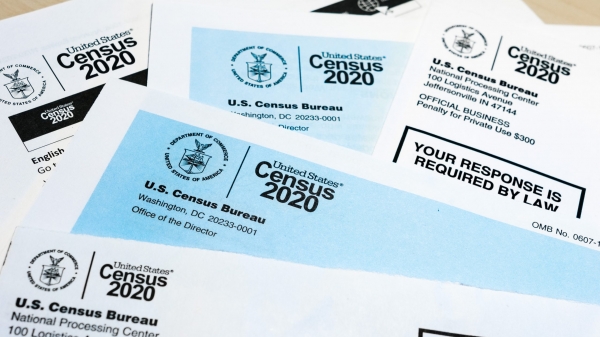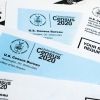by Rep. Jim McClendon (R – Springville)
How many fraudulent and dishonest votes are acceptable? A hundred? A thousand? Ten thousand?
Those are the questions I asked myself during a recent legislative session when my Democrat colleagues in the House argued that there was not enough voter fraud in Alabama to require citizens to present a photo ID before casting a ballot.
In my opinion, even one fraudulent ballot contaminates the sanctity of honest elections, weakens the public’s confidence that their vote is secure and flies in the face of every principle our Republic was built upon. Plus, the thought that a vote cast dishonestly could cancel mine out angers me greatly.
It was for these reasons that I strongly supported Alabama’s new photo voter ID requirement and continue to do so today despite attempts to weaken it by the Obama Justice Department, the Alabama Democrat Party and other entrenched liberal interest groups.
Alabama has had a long and ugly history of voter fraud, especially throughout the Black Belt region where, for decades, elections were often as lawless as the Old West. Offering money, cigarettes and other goods in exchange for absentee ballots, casting votes in the name of another and reviving the dead from graveyards across the region on Election Day were commonplace and well documented occurrences.
Concerned citizen groups from across the state would often trek to the Capitol and ask governor after governor for help in preventing the fraud, but without an ironclad voter ID requirement, little could be done. The leadership of the Democrat Party, which considered West Alabama among its strongholds, showed no interest in helping address the problem.
Finally, Gov. Bob Riley was able to convince the Democrat-led Legislature to pass a voter ID bill early in his term, but, quite frankly, the large number of acceptable forms he was forced to negotiate and the lack of real enforcement left it much to be desired. Under our current law, citizens may present one of 19 different forms of identification at the polls, but many of them do not contain a photo and several, such as a utility bill, a bank statement, or a paycheck stub, can be easily borrowed or stolen and used.
In short, our guard dog for honest elections is blind, deaf and has no teeth.
That’s why I and helped successfully passed a new, tougher requirement that demands voters present a photo ID that firmly establishes they are who they say they are. Because Democrats claimed that many low income citizens do not possess the necessary photo ID cards, the new law provides them one free of charge, though I remain suspect that anyone can exist in today’s 21st Century economy and society without already owning some photo identification. Even those without the proper ID at the polls will still be allowed to cast a provisional ballot, which will be set aside and reexamined if fraud is suspect.
Alabama’s stricter requirements will go into effect during the 2014 statewide primary elections if cleared by the Obama Justice Department, but therein lies the rub.
Obama and his attorney general have made it quite clear that ensuring honest elections is not an item that is high on their policy agenda. South Carolina and Texas approved new voter ID statutes very similar to the one we passed in Alabama, but the Justice Department has already denied their requests for pre-clearance. Those decisions are being appealed to the federal courts. The ultra-liberal and extremist American Civil Liberties Union has also sued states that have passed strong ID requirements.
Protecting the ballot box from being infected with fraud is serious business, so it’s my hope that sometime in the next two years, saner heads will be placed in charge at Justice and our law will be allowed to move forward. Our votes are sacred and should not be lost through the deception and dishonesty of others. That’s just plain, old commonsense.
Rep. Jim McClendon, a Republican representing portions of St. Clair and Shelby counties in the Alabama House, is currently serving his third term as a member of the Legislature and sponsored the TTYL Act. He chairs the House Health Committee, co-chairs the Joint Legislative Committee on Reapportionment and serves as vice chair of the Technology and Research Committee.

































